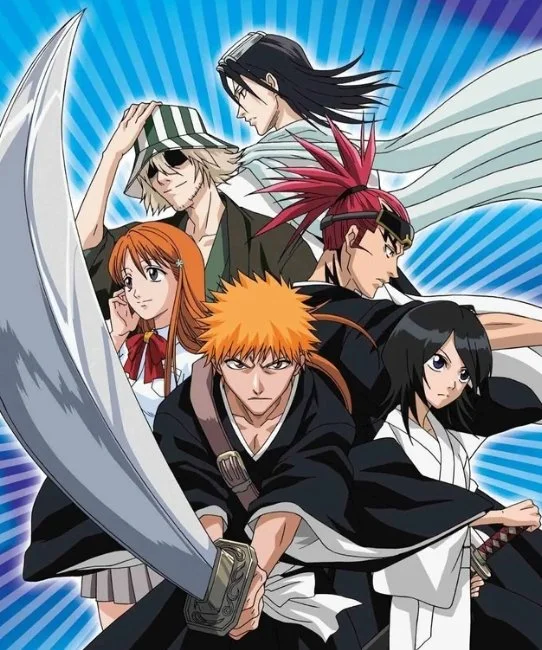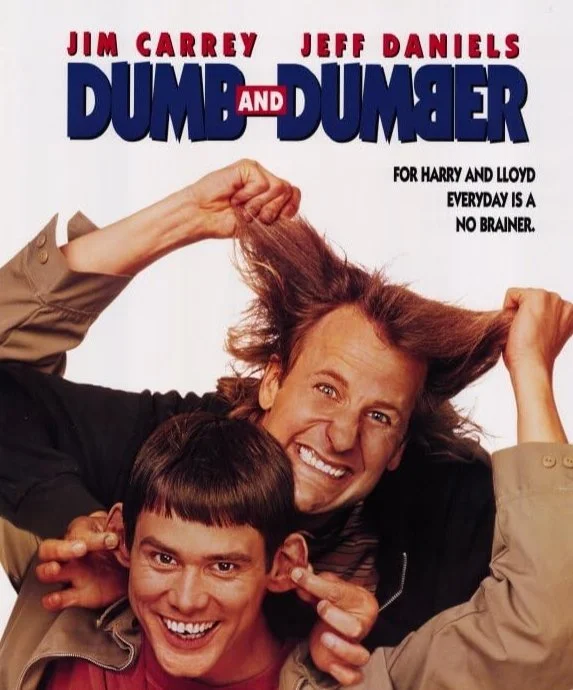When the Beat Masks the Message: Questioning the Normalisation of Alcohol and Intimacy
I have to admit something before I start: I love K-pop. I love the production quality, the infectious hooks, the sense of joy and togetherness it inspires. I also love a good Western party anthem—those moments when a chorus drops, the crowd shouts along, and the night feels suspended in glitter and bass. But the deeper I dive into the music I adore, the harder it is to ignore a recurring thread woven through it: the way alcohol, lowered inhibitions, and intimacy get braided together as if they were natural partners.
Nowhere is this more striking than in the case of the song APT, a hit so catchy that it gets blasted at children’s birthday parties. To five- and eight-year-olds, it’s just fun repetition: “아파트, 아파트, 아파트”. A chant, a cheer, something to bounce around to. But the real story? APT is about a Korean drinking game. And that small cultural detail opens up a bigger conversation about what we absorb from the music we love, even when we’re not paying attention.
Surface Joy vs. Subtext
On the surface, APT is playful, flirtatious, and high-energy. It blends texting (“kissy face sent to your phone”) with real-world desire (“I’m tryna kiss your lips for real”), promising a night of drinking, dancing, and reckless fun. The repetition of “아파트” (APT) gives it the hypnotic, chant-like quality of a club banger. It’s designed to stick in your head whether you understand Korean or not.
But beneath the glossy surface, the lyrics are very much about drinking culture. The song begins with “랜덤 게임, 랜덤 게임, Game start” an explicit nod to party games where drinking drives the action. The the game APT, becomes the backdrop for letting loose: “Sleep tomorrow, but tonight go crazy.” The message is clear—alcohol, games, and intimacy are all part of the same ritual.
Cultural Context Matters
In Korea, drinking games aren’t just a frivolous pastime; they’re a deeply ingrained social practice. University students bond over them, office workers use them to break down rigid hierarchies, and friends turn to them as icebreakers. Games like APT, Titanic, or Baskin Robbins 31 are playful, communal, and almost ritualistic. In this cultural context, mentioning APT in a song isn’t shocking; it’s almost expected shorthand for fun.
By contrast, in Western party anthems, alcohol is often framed as rebellion or hedonism. Think Pitbull’s “Give Me Everything” or LMFAO’s “Shots” songs where drinking isn’t about bonding, it’s about excess. Alcohol becomes the star, a vehicle for liberation, recklessness, and sex.
So while APT operates in the same global register of “drink, dance, party, connect,” the flavour is different. K-pop frames drinking as communal play; Western pop frames it as individual abandon. But in both cases, the underlying message is the same: alcohol is the bridge between shyness and intimacy.
The Normalisation Effect
Here’s the part that gives me pause: even when we’re not paying attention to lyrics, their messages get normalized. This is where the mere exposure effect comes in; the psychological phenomenon where simply hearing something repeatedly makes us more likely to accept it.
When APT gets played at kids’ parties, the children aren’t internalizing the lines about “kissy faces” and “turning the apartment into a club.” They’re just shouting “아파트” (APT) because it’s fun. But those positive associations—dancing, laughter, joy—get attached to the words, and by extension, to the concept behind them. Drinking games become “normal” long before a child knows what alcohol is. By the time they reach adolescence or adulthood, it doesn’t feel like a lesson learned; it feels natural, inevitable.
That’s how cultural scripts get passed down. The music doesn’t need to be lecturing us about alcohol. It just has to make drinking the background soundtrack of fun.
Lowered Inhibitions and Risk
It’s worth asking: does this cultural script matter? Does it really make people more likely to engage in risky or harmful behaviour? Unfortunately, yes.
Alcohol lowers inhibitions and blurs judgment. That’s biological fact. When paired with intimacy, it creates environments where consent can become unclear, where unwanted advances are more likely, and where crimes like sexual assault become easier to commit or excuse.
To be clear: alcohol does not cause sexual assault. But it creates conditions where boundaries are crossed more often. When music repeatedly ties alcohol to sex, it reinforces the idea that drinking is the “normal” or even “necessary” way to connect romantically or sexually. And that normalisation makes it easier for individuals to rationalize harmful behavior “we were both drunk” becomes a cultural excuse.
The Problem of Cute Packaging
What makes K-pop unique is how this messaging is wrapped in a package of cuteness, playfulness, and innocence. APT isn’t gritty or sleazy. It doesn’t brag about blacking out or waking up next to strangers. Instead, it feels communal, even wholesome; a fun chant, a game, a night of dancing. That’s exactly why it’s powerful. Harmful messages often pass most easily when they’re framed as harmless.
Fans chant along not because they believe drinking should lead to intimacy, but because the beat is fun and the choreography is tight. Yet the more we chant, the more the idea slips under the radar. Alcohol as social crutch. Alcohol as courage. Alcohol as the bridge between digital flirting and real kissing. All normalized, all unexamined.
Holding Both Truths
Here’s the tension I live with: I love the music. I love the joy, the community, the artistry. I don’t want to cancel K-pop, or Western pop, or any of the songs that have soundtracked my happiest nights. But love doesn’t mean shutting off critical thinking. In fact, the more I love something, the more I want it to be healthy; for me, for fans, for culture at large.
It’s possible to hold both truths at once: that APT is an absolute banger, and that it also normalizes potentially harmful scripts about alcohol and intimacy in a cute package. It’s possible to sing along at a party, and then pause the next day to ask: what are we teaching ourselves, and our kids, through repetition? It’s possible to enjoy, and to critique.
A Call for Awareness
I don’t believe in censoring joy. I don’t think kids should be banned from dancing to APT. Music is meant to bring people together, to release energy, to create memories. But I do believe in awareness. In noticing the cultural scripts hiding in plain sight. In talking openly about the risks of mixing alcohol and intimacy. In teaching younger fans to love the music while questioning the messages and understanding cultural differences.
That awareness doesn’t make the music less fun; it makes us more resilient. It gives us the power to dance to a song without blindly absorbing its script. It lets us celebrate artistry without excusing harm.
Simply Put
So, what happens when the next generation grows up chanting drinking games before they know what they mean? Maybe nothing. Maybe they just look back and laugh at the words they didn’t understand. But maybe, without realizing it, they grow into adults who never question why alcohol is always part of the party, part of the romance, part of the fun.
That’s why I think pieces like this matter. Not to take away the joy of the music, but to name what hides beneath the beat. Because once you name it, you can decide for yourself how to engage with it.
And for me? I’ll keep loving K-pop. I’ll keep dancing. But I’ll also keep questioning. Because sometimes the healthiest love is the kind that doesn’t just celebrate, but also critiques.






